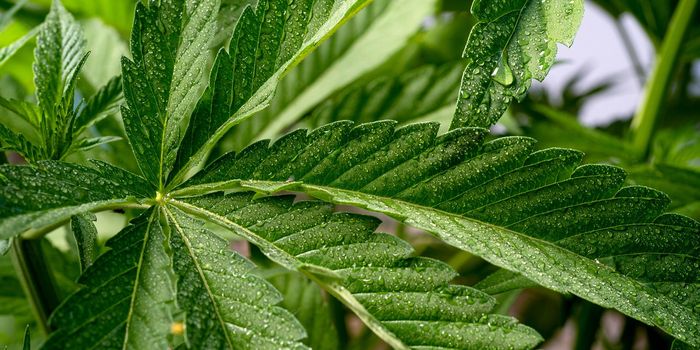Research Roundup: A Year in Medical Cannabis News (Part II)
It's been a very busy year for medical cannabis research – and, if you read Part I of this article, you may have learned about some of these studies. Below we summarize a few other key updates in cannabis research from this year:
Gut Health
While it’s well known that cannabis compounds play an important role in maintaining homeostasis, or balance, in the body, less is known about how it regulates these processes and how exactly how this happens. A pre-clinical study published this year shed a little light on how this works – at least, in the gut.
While research on cannabis has seen a renaissance in the past few years, gut health research still takes center stage, as scientists have linked gut disruption to many different health conditions. A study published in the Proceedings of the National Academy of Sciences revealed a role for the endogenous cannabinoid, anandamide, and CB2 receptor in immune function in both the pancreas and gut. This newly identified pathway holds enormous potential for a greater understanding of how cannabis could help restore immune balance to the gut, as well as contribute to the etiology of diabetes.
Non-alcoholic Fatty Liver Disease
Two studies published this year in PLoS One revealed a role for cannabis in non-alcoholic fatty liver disease (NAFLD). The prevalence of NAFLD has increased rapidly over the past two decades and is expected to continue growing. Patients with NAFLD are at higher risk of developing cirrhosis and liver cancer, thus representing a significant healthcare burden.
In a study of over 20,000 patients, cannabis use was associated with a decreased risk of NAFLD. An additional study found similar results in a population of over 5 million patients. Cannabis users had a significantly lower prevalence of NAFLD compared to non-users. While both these studies were observational in nature (the direct effect of cannabis on NAFLD was not evaluated), these data are encouraging and suggest that the anti-inflammatory effects of cannabis may help prevent the development of a common and potentially serious form of liver disease.
Opioid Addiction
Last, but most certainly not least, several studies were published on the association between cannabis use and opioid use/addiction. Although medical cannabis is approved (in most states in which its use is legal) for chronic pain and can be used instead of opioids, its direct effect on those addicted to opioids was unknown. One way to study this association is to turn toward states in which both medical and recreational cannabis is legal – a state like Colorado. One study published this year did just that. Researchers found that cannabis legalization was associated with a short-term reduction in opioid-related deaths in Colorado.
A report based on the medical cannabis program in New Mexico found reduced rates of opioid prescriptions over a 21-month period. And scientists are not the only ones who are paying attention to this research. Stories about the opioid epidemic and cannabis are popping us across the media. And we all hope that something, maybe medical cannabis, could be the key to lessening or ending this epidemic.
This list is not a comprehensive review of this year’s cannabis research stories but is merely our take on what stood out the most. Stay tuned to the Cannabis Sciences page in the new year for continued coverage of medical cannabis research and legislative updates.








